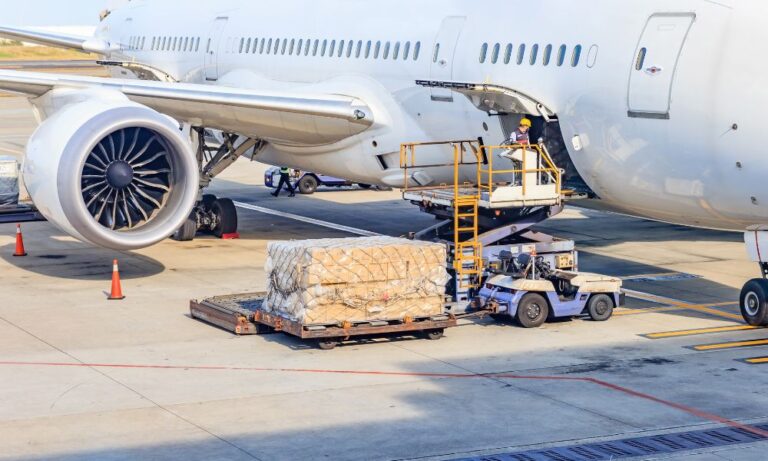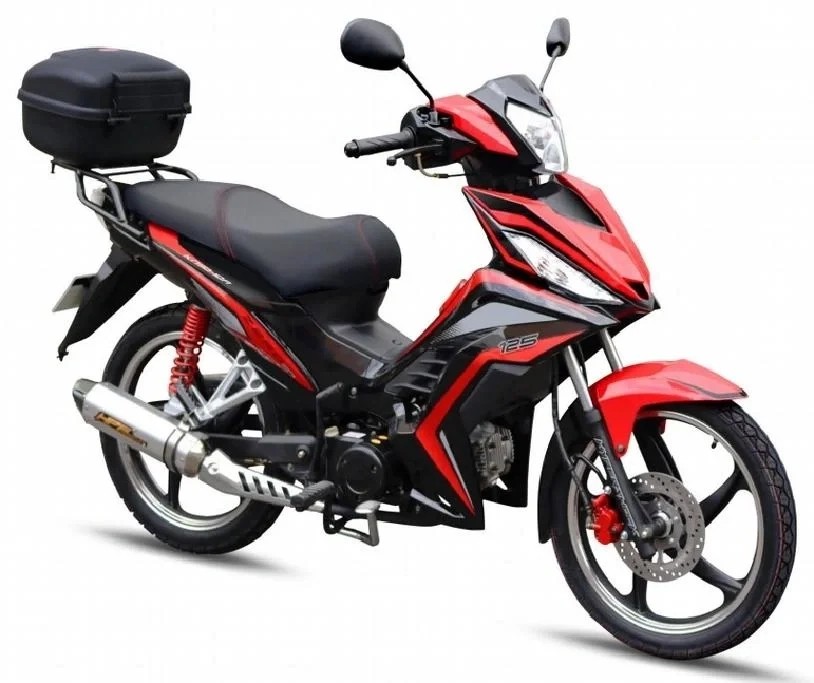Navigating the Skies: Weighing the Pros and Cons of Air Transportation
3 min read
Air transportation has revolutionized the way we travel and connect with the world. With its speed and efficiency, it has become an integral part of our globalized society. However, like any mode of transportation, air travel has its advantages and disadvantages. In this article, we will delve into the pros and cons of air transportation, providing you with a comprehensive understanding of its benefits and drawbacks.
Pros of Air Transportation:
- Speed and Efficiency:
One of the most significant advantages of air transportation is its unparalleled speed. Airplanes can cover vast distances in a fraction of the time it would take by other means. This makes air travel ideal for long-distance journeys, enabling people to reach their destinations quickly and efficiently. Additionally, airports are designed to handle large volumes of passengers, ensuring smooth and streamlined processes, such as check-in and security. - Global Connectivity:
Air transportation offers unparalleled global connectivity, allowing people to travel to almost any corner of the world. With a vast network of airports and airlines, individuals can easily access remote locations and explore diverse cultures. This connectivity has also facilitated international trade and boosted economic growth, as goods can be transported swiftly and efficiently across borders. - Safety and Security:
Despite occasional high-profile incidents, air travel is statistically one of the safest modes of transportation. Stringent safety regulations, advanced technology, and rigorous training for pilots and crew contribute to the industry's excellent safety record. Furthermore, airports have implemented robust security measures to ensure passenger safety, including thorough baggage screening and passenger profiling. - Comfort and Amenities:
Modern aircraft are designed with passenger comfort in mind. Airlines strive to provide a pleasant flying experience, offering amenities such as spacious seating, in-flight entertainment systems, and onboard Wi-Fi. Additionally, many airlines offer a variety of dining options, ensuring that passengers can enjoy a satisfying meal during their journey.
Cons of Air Transportation:
- Environmental Impact:
Air transportation is a significant contributor to greenhouse gas emissions, primarily due to the burning of jet fuel. This has led to concerns about its impact on climate change and air quality. Efforts are being made to develop more fuel-efficient aircraft and explore alternative energy sources, but the industry still has a long way to go in reducing its carbon footprint. - Cost:
Air travel can be expensive, especially for long-haul flights. Factors such as fuel prices, airport fees, and airline policies can significantly impact ticket prices. Additionally, additional charges for baggage, seat selection, and in-flight services can further increase the overall cost of air travel. This can make it less accessible for budget-conscious travelers or those with limited financial resources. - Delays and Disruptions:
While air travel is generally efficient, delays and disruptions can occur due to various factors such as adverse weather conditions, technical issues, or air traffic congestion. These disruptions can lead to missed connections, inconvenience, and potential financial losses. Although airlines strive to minimize such occurrences, they are an inherent risk associated with air transportation. - Health and Comfort Concerns:
Air travel can pose certain health and comfort challenges. Long flights can lead to jet lag, dehydration, and discomfort due to limited legroom. Additionally, the recirculation of air in the cabin can increase the risk of spreading infectious diseases. Passengers with specific medical conditions or mobility issues may also face challenges during air travel.
Conclusion:
Air transportation has undoubtedly revolutionized the way we travel, offering speed, global connectivity, and safety. However, it is essential to consider the environmental impact, cost, potential disruptions, and health concerns associated with air travel. By weighing the pros and cons, individuals can make informed decisions about utilizing air transportation and explore alternative options when appropriate. As the world continues to evolve, finding a balance between the benefits and drawbacks of air travel will be crucial for sustainable and efficient transportation systems.


